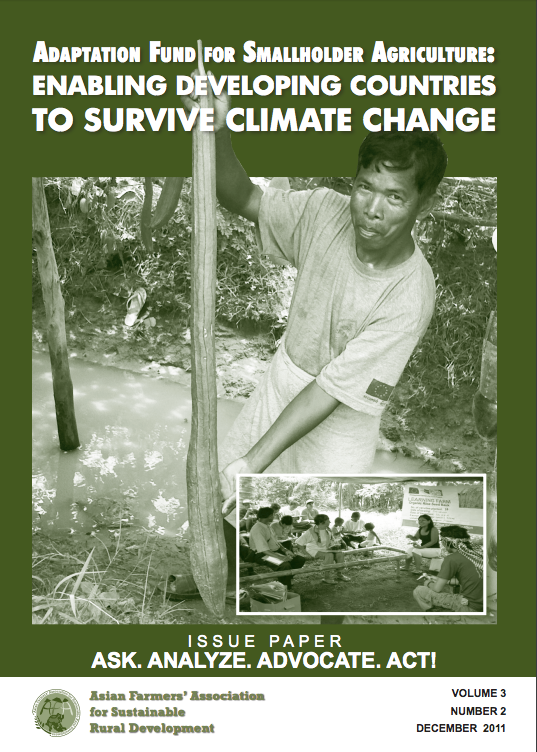Sustainable Land Management in Practice. Guidelines and Best Practices for Sub-Saharan Africa
These guidelines have been developed based on FAO’s and WOCAT’s extensive experience. The book draws, in particular, on WOCAT’s network and its database of SLM knowledge - as well as on WOC AT’s first overview book entitled ‘Where the land is greener’. These guidelines were implemented in the framework of the TerrAfrica partnership, whose main objective is to mainstream and upscale SLM in SSA, through the leveraging and harmonising of multisectoral investments at the local, country, subregional and regional levels.



